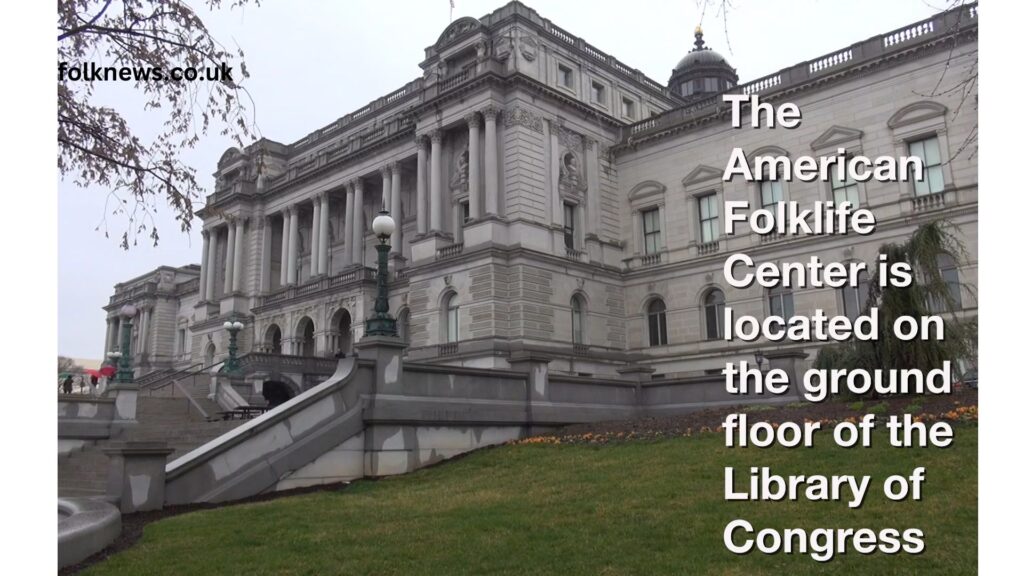The American Folklife Center (AFC) is a remarkable institution dedicated to preserving and promoting the diverse cultural traditions of the United States and beyond. Established within the Library of Congress, theamerican folklife center serves as a hub for documenting, studying, and celebrating folklife in all its forms. From oral histories to music, dance, and crafts, the American folklifecenter plays a vital role in safeguarding the heritage that shapes the identity of communities across the nation.
The Origins of the American Folklife Center
The American folklife center was founded in 1976 as part of the American Folklife Preservation Act. This legislation recognized the importance of folklife as an integral component of the country’s cultural fabric. The act aimed to support the documentation, preservation, and understanding of folk traditions to ensure that future generations could access this rich legacy.
Housed in the Library of Congress in Washington, D.C., the center became a focal point for cultural preservation efforts. Its creation reflected a growing awareness of the need to document the stories, songs, and practices that form the heart of community life. By capturing these traditions, the American folklife center contributes to a deeper understanding of the nation’s shared history and diversity.
A Repository of Cultural Treasures
The AFC boasts one of the world’s most extensive archives of folklife materials. Its collections include audio recordings, photographs, manuscripts, and videos that span a wide array of topics. These materials showcase the creativity and resilience of communities, highlighting traditions passed down through generations.
One of the center’s cornerstone projects is the Archive of Folk Culture, which predates the AFC itself. This archive contains field recordings from pioneering ethnographers like John and Alan Lomax, who traveled across the United States to document traditional music and oral histories. Their work laid the foundation for understanding the cultural expressions of various communities and has inspired countless researchers and artists.
Programs and Initiatives
The American folklife center is not just an archive; it’s an active participant in cultural preservation and education. Through various programs and initiatives, the center engages with the public and fosters an appreciation for folklife.
The Veterans History Project, for example, collects and preserves the personal accounts of American war veterans. These firsthand narratives provide valuable insights into the experiences of those who served, creating a resource for researchers and a testament to individual sacrifice.
Another notable initiative is the American folklife center concert series, which brings traditional artists to the stage. These performances showcase the vibrancy of folk traditions and offer audiences a chance to connect with cultural expressions that might otherwise remain unfamiliar. The center also organizes workshops, lectures, and exhibitions to highlight its collections and promote dialogue about cultural heritage.
Partnerships and Community Engagement
Collaboration is central to the American folklife center mission. The center works closely with local organizations, universities, and cultural institutions to expand its reach and deepen its impact. By partnering with these groups, the AFC ensures that its resources are accessible to a wide audience.
Community engagement is another key aspect of the center’s work. Fieldwork projects involve collaboration with communities to document their traditions authentically. This approach respects the voices and perspectives of the people whose stories and practices are being recorded, fostering a sense of ownership and pride in their cultural heritage.
The Role of Technology in Preserving Folklife
Advancements in technology have transformed how the AFC preserves and shares its collections. Digital archives have made it easier for researchers, educators, and the public to access materials from anywhere in the world. Audio recordings, photographs, and manuscripts are digitized and made available online, ensuring that fragile artifacts are protected while their content remains widely accessible.
The center also leverages social media and virtual platforms to reach broader audiences. By sharing stories, hosting virtual events, and creating interactive experiences, the AFC continues to find innovative ways to celebrate and preserve folklife in a rapidly changing world.
Why Folklife Matters
Folklife is more than just a record of the past; it’s a living, evolving expression of culture. It reflects the values, beliefs, and creativity of people as they navigate their lives and adapt to new circumstances. By preserving folklife, the AFC helps to keep these traditions alive, ensuring that they remain a source of inspiration and identity.
Understanding folklife also fosters a sense of connection and empathy. It reminds us that despite our differences, we share common threads of humanity. Traditions rooted in music, storytelling, and art have the power to bridge divides and build a more inclusive society.
Visiting the American Folklife Center
For those interested in experiencing the AFC’s work firsthand, a visit to the Library of Congress is a rewarding experience. The center’s archives are open to the public, offering a treasure trove of materials to explore. Researchers can delve into collections that illuminate the everyday lives of people across the United States, while casual visitors can enjoy exhibitions and events that bring folklife to life.
The AFC also provides resources for educators, encouraging the use of its collections in classrooms. By integrating folklife into educational curricula, teachers can inspire students to appreciate the richness of cultural diversity and the importance of preserving their own traditions.
Conclusion
The American Folklife Center stands as a guardian of cultural heritage, ensuring that the stories, songs, and practices of communities are preserved for future generations. Its extensive collections, innovative programs, and commitment to collaboration make it a cornerstone of cultural preservation in the United States. By celebrating folklife, the AFC helps to build a deeper understanding of who we are and what connects us as human beings. It’s a reminder that our traditions, both old and new, hold the power to shape a brighter, more inclusive future.

